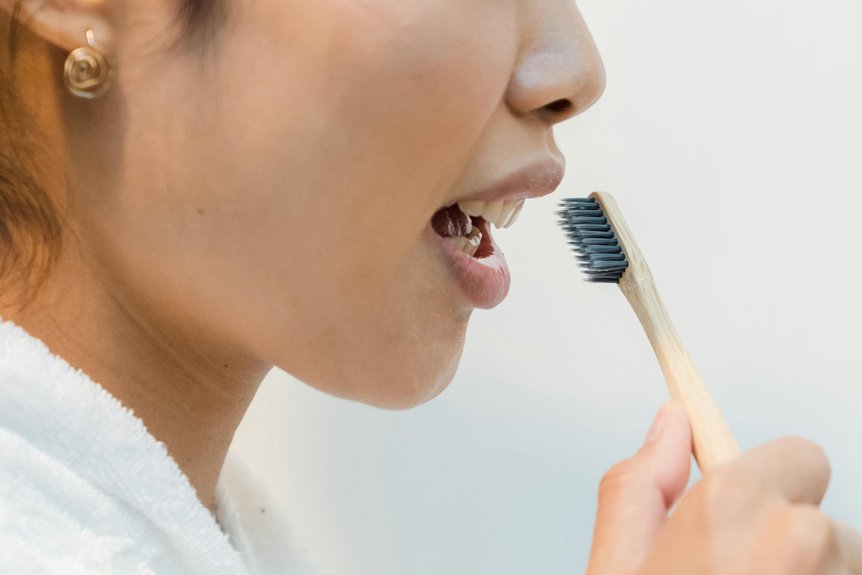
Maintaining a healthy microbiome is simpler than you might think. By adopting daily habits like embracing a diverse diet, staying hydrated, and prioritizing sleep, you can greatly impact your gut health. Managing stress and incorporating probiotics and prebiotics into your routine can also make a difference. Curious about how these habits specifically benefit your microbiome and overall wellness? Let’s explore the key practices that can transform your health.
Embrace a Diverse Diet
When you embrace a diverse diet, you’re not just adding variety to your meals; you’re also nurturing your gut microbiome. A rich assortment of fruits, vegetables, whole grains, and fermented foods provides the diverse nutrients your gut bacteria thrive on.
Aim to include at least 30 different plant-based foods each week. This can be as simple as trying a new vegetable or swapping your regular grains for alternatives like quinoa or farro.
Incorporating a range of colors and textures not only makes your meals more appealing but also enhances your gut health. Remember, each unique food contributes different fibers and compounds that benefit your microbiome. Additionally, consuming antioxidant-rich ingredients can further support your overall health and microbiome function.
Stay Hydrated
Staying hydrated is essential for maintaining a healthy microbiome, as water supports the balance of gut bacteria and aids digestion.
When you drink enough water, you help your body flush out toxins, which can positively impact your gut health. Aim for at least eight glasses a day, but listen to your body; you may need more based on your activity level or climate.
Incorporating hydrating foods like cucumbers, oranges, and watermelon can also boost your fluid intake. Keep a water bottle handy, and set reminders if you tend to forget.
Prioritize Sleep
Quality sleep plays an essential role in nurturing a healthy microbiome. When you prioritize rest, you’re not just recharging your body; you’re also supporting the diverse community of bacteria in your gut.
Aim for 7-9 hours of uninterrupted sleep each night to allow your microbiome to flourish. Create a consistent sleep schedule by going to bed and waking up at the same time daily.
Limit screen time before bed, as blue light can interfere with your sleep quality. Consider creating a calming bedtime routine, like reading or meditating, to signal to your body that it’s time to wind down.
Manage Stress Effectively
Although stress is a natural part of life, managing it effectively is essential for maintaining a healthy microbiome. High stress levels can disrupt your gut bacteria, leading to various health issues.
To combat stress, try incorporating mindfulness practices like meditation or deep breathing exercises into your daily routine. Regular physical activity also helps release endorphins, which can improve your mood and reduce anxiety.
Don’t underestimate the power of social connections; chatting with friends or family can provide emotional support and perspective.
Finally, set aside time for hobbies you enjoy—whether it’s reading, painting, or gardening.
Incorporate Probiotics and Prebiotics
To nurture your microbiome effectively, incorporating probiotics and prebiotics into your diet is key. Probiotics are beneficial bacteria found in fermented foods like yogurt, kefir, and sauerkraut. Adding these to your meals can help maintain a balanced gut flora.
Prebiotics, on the other hand, are fibers that feed these good bacteria. You’ll find them in foods like garlic, onions, bananas, and whole grains.
To make it easy, try starting your day with a probiotic-rich smoothie or oatmeal topped with banana. Snack on raw veggies with garlic hummus for a prebiotic boost.
Regularly including both in your diet supports a thriving microbiome, enhances digestion, and may even improve your mood. So, take that small step today for a healthier gut!






